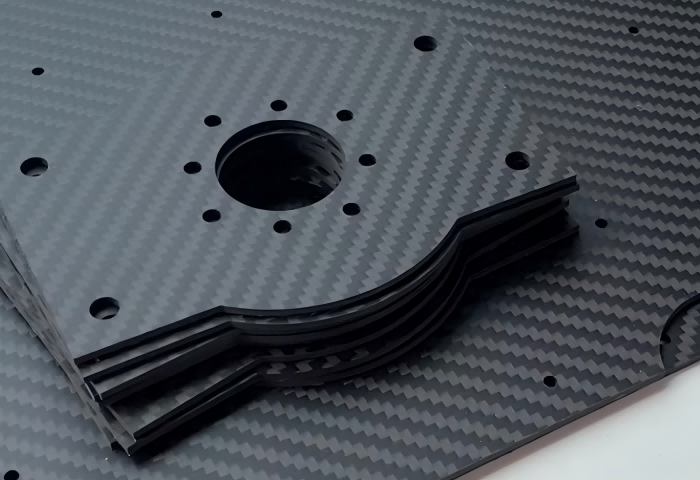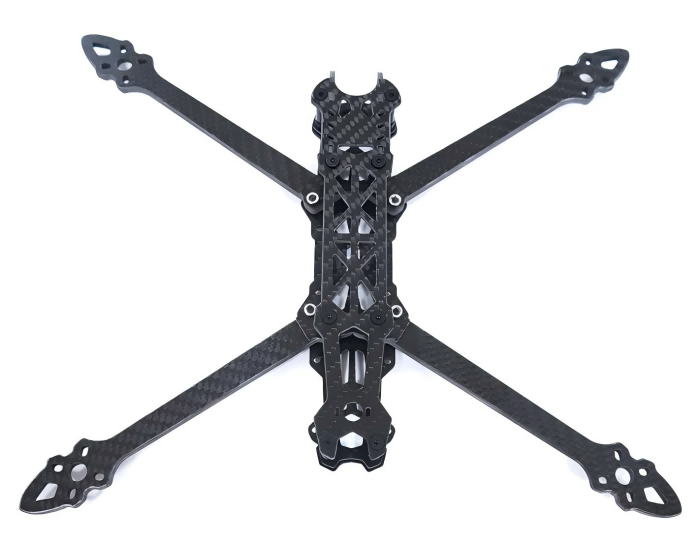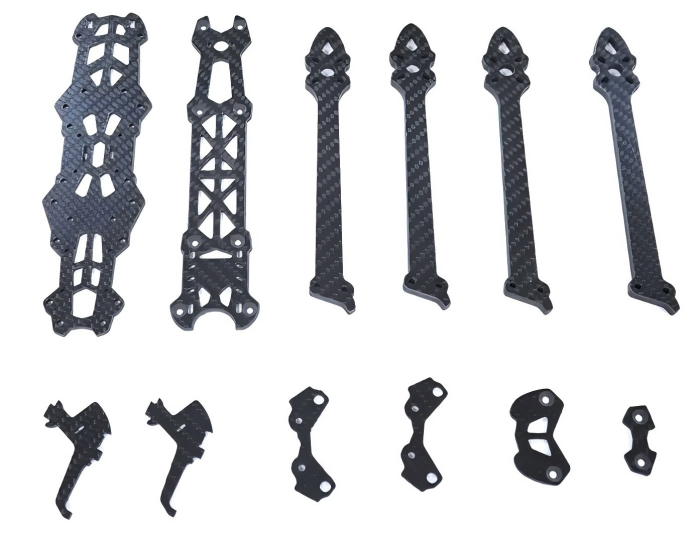**Simple Knowledge Points for Embedded System Development**
1. **The Difference Between Include and Require, and the Efficiency of Require and Require_once?**
In PHP, `include` is used to include and evaluate a file during script execution. If the same file is included multiple times, it will be parsed each time, which can reduce performance. On the other hand, `require` behaves similarly but throws a fatal error if the file is not found, stopping the script execution immediately. `require_once` ensures that the file is included only once, even if called multiple times, which improves efficiency compared to `require`. This makes `require_once` more suitable for including files like configuration or class definitions that should not be duplicated.
2. **Difference Between Cookie and Session, and Can Session Work Without Cookies? What Are the Disadvantages of Using Sessions? Where Is the Session Stored on the Server? Is It Shared or Private?**
Cookies are stored on the client side and can be modified by users, making them less secure. They have size limitations (typically 3KB per cookie). Sessions, however, are stored on the server, making them more secure and allowing larger data storage. However, sessions rely on cookies to store the session ID, so if cookies are disabled, sessions may not work properly. The main disadvantages of using sessions include increased server resource usage due to the need to store session data and potential scalability issues with large numbers of users. Session data is typically stored in files on the server, though it can also be stored in databases. By default, session files are stored in the directory specified by `session.save_path`, and they are generally private, meaning each user has their own unique session.
3. **How to Prevent SQL Injection?**
To prevent SQL injection, you can:
- Filter out dangerous keywords such as `SELECT`, `INSERT`, `UPDATE`, `DELETE`, etc.
- Use built-in functions like `addslashes()` to escape special characters.
- Set `register_globals = off` in the PHP configuration to avoid direct access to global variables from user input.
- Always use proper quoting when constructing SQL queries.
- Avoid exposing raw SQL statements and instead use prepared statements with `mysqli` or `PDO`.
- Enable `magic_quotes_gpc = on` to automatically escape incoming data.
- Disable error messages and log them instead to prevent attackers from gaining insight into your database structure.
- Use parameterized queries to separate SQL logic from data, which significantly reduces the risk of injection.
4. **What Are the Different Types of Database Indexes, and When Should You Use Them?**
Common types of database indexes include:
- **Normal Index**: Used to speed up queries on non-unique columns.
- **Primary Key Index**: A unique index that uniquely identifies each row in a table.
- **Unique Index**: Ensures that all values in a column are unique.
Indexes should be created on columns that are frequently searched or used in WHERE clauses, JOINs, or ORDER BY statements. However, overuse of indexes can slow down write operations, so it's important to strike a balance.
5. **What Is the Difference Between Passing by Value and Passing by Reference? When Should You Use Each?**
Passing by value means that a copy of the variable is passed to the function, so changes made inside the function do not affect the original variable. Passing by reference allows the function to modify the original variable directly. Passing by reference is more efficient for large data structures because it avoids copying the entire value. Use passing by reference when you need to modify the original variable, and pass by value when you want to keep the original unchanged.
6. **List Some Magic Methods and Explain Their Roles**
PHP provides several magic methods that allow developers to define custom behavior for certain actions:
- `__construct()`: Called when an object is instantiated.
- `__destruct()`: Called when an object is destroyed.
- `__call()`: Invoked when an undefined method is called.
- `__get()`: Triggered when accessing an undefined property.
- `__set()`: Triggered when assigning a value to an undefined property.
- `__isset()`: Called when checking if a property is set.
- `__unset()`: Called when unsetting a property.
- `__toString()`: Called when an object is treated as a string.
- `__clone()`: Called when an object is cloned.
These methods provide powerful tools for handling object interactions and improving code flexibility.
7. **What Do $_REQUEST, $_POST, $_GET, $_COOKIE, $_SESSION, and $_FILES Mean?**
These are predefined superglobal arrays in PHP:
- `$_REQUEST`: Contains data from `$_GET`, `$_POST`, and `$_COOKIE`.
- `$_POST`: Contains data sent via HTTP POST method.
- `$_GET`: Contains data sent via HTTP GET method.
- `$_COOKIE`: Stores values from cookies set by the browser.
- `$_SESSION`: Holds session data for the current user.
- `$_FILES`: Contains information about uploaded files.
8. **What Type of Subscript Is Best for an Array, and Why?**
Using numeric indices is generally more efficient in PHP because they are processed faster than string keys. Numeric indices also make it easier to iterate through arrays using loops.
9. **Which Is More Efficient: ++i or i++? Why?**
`++i` is more efficient than `i++` because it does not create a temporary copy of the value before incrementing. `i++` returns the original value first, then increments, which requires additional processing.
10. **What Do magic_quotes_gpc() and magic_quotes_runtime() Mean?**
- `magic_quotes_gpc()` is a PHP configuration setting that, when enabled, automatically escapes quotes in `$_GET`, `$_POST`, and `$_COOKIE` data.
- `magic_quotes_runtime()` is a deprecated feature that automatically escapes quotes from database results. It is no longer recommended due to security concerns.
11. **What Is the Difference Between Echo(), Print(), and Print_r()?**
- `echo` is a language construct that outputs one or more strings. It is faster than `print`.
- `print` is a function that outputs a single string or variable.
- `print_r()` is a function that prints human-readable information about a variable, especially useful for arrays and objects.
12. **What Is Your Understanding of MVC?**
MVC (Model-View-Controller) is a design pattern that separates application logic into three components:
- **Model**: Manages data and business logic.
- **View**: Handles the user interface and presentation.
- **Controller**: Acts as an intermediary between the model and view, handling user input and updating the model or view accordingly.
MVC promotes clean code organization, reusability, and maintainability. However, it can be overkill for small projects and requires a good understanding of the pattern to implement effectively.
13. **What Are the Advantages of Single Entry vs. Multiple Entries in a Framework?**
- **Single Entry**: All requests are routed through a single entry point, making it easier to manage permissions, perform security checks, and control access.
- **Multiple Entries**: Allows direct access to different files, which can be simpler for small applications but harder to manage in terms of security and consistency.
While single entry offers better control, it can result in less readable URLs, which may impact SEO.
14. **When Concatenating Strings with '.' in PHP, Can You Use Something Else Instead, and Is It More Efficient?**
Yes, you can use double quotes (`"`) to concatenate strings, which is more efficient in some cases because PHP parses variables inside double-quoted strings. However, using `.` is still widely used and clear for simple concatenation.
15. **What Do the Status Codes 200, 404, and 502 Mean?**
- **200 OK**: The request was successful.
- **404 Not Found**: The requested resource could not be found.
- **502 Bad Gateway**: The server received an invalid response from an upstream server.
16. **Write a Custom Function to Extract the Suffix Name from a Given URL Path**
Example URL: `"www/hello/test.php.html?a=3&b=4"`
Function:
```php
function getSuffix($url) {
$info = parse_url($url);
$path = $info['path'];
$parts = explode('.', $path);
return end($parts);
}
```
17. **What Are the Advantages of Memcache?**
Memcache is a high-performance, distributed memory caching system used to speed up dynamic web applications. It stores data in memory, reducing the need to repeatedly query the database. Benefits include faster response times, reduced server load, and improved scalability. Memcache is easy to configure, supports multi-server setups, and is known for its stability and speed.
In summary, learning embedded systems and related technologies is a continuous process that requires consistent practice, reading technical documentation, and working on real-world projects. Combining theory with hands-on experience is the most effective way to master these concepts.



FPV Drone TrueX Frame Overview
Mark4 V2 Mark4 7inch 295mm / 8inch 367mm / 9inch 387mm / 10inch 427mm 3K Full Carbon Fiber TrueX Frame for FPV Camera Kit Done:
Mark4 V2 Mark4 7inch 295mm / 8inch 367mm / 9inch 387mm / 10inch 427mm 3K Full Carbon Fiber TrueX Frame for FPV Camera Kit Done:



Carbon Fiber FPV Drone Frame,FPV Drone TrueX Frame,Carbon Fiber FPV Frame
Jiangsu Yunbo Intelligent Technology Co., Ltd , https://www.fmodel-ai.com